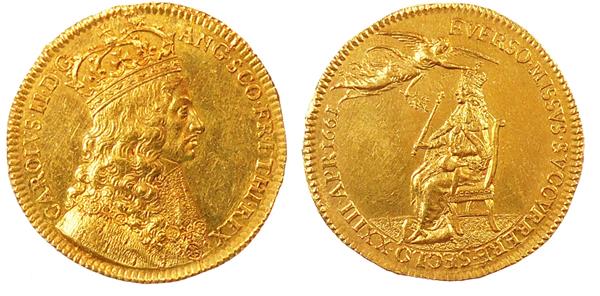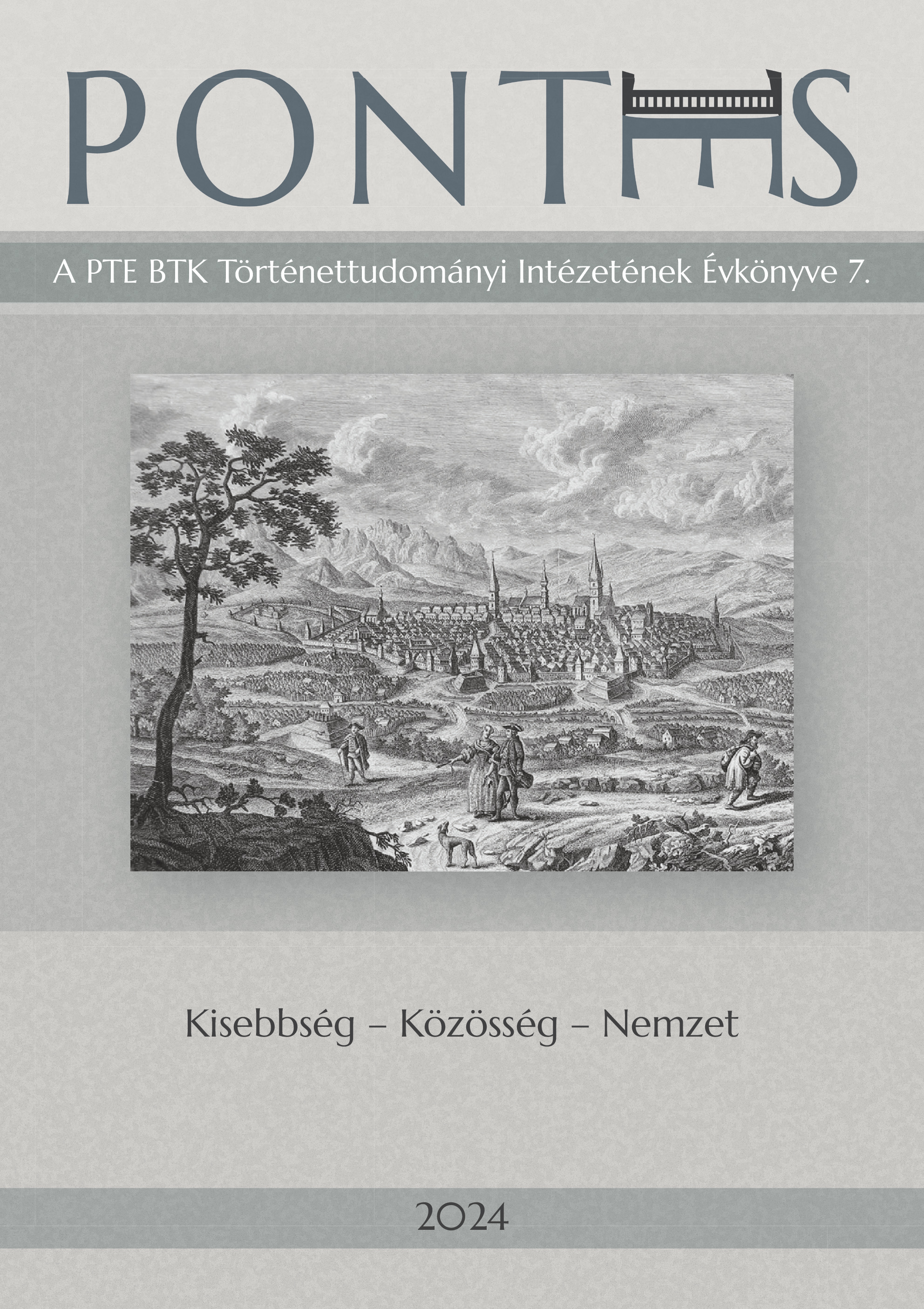From Divine Right to Popular Sovereignty
The Legitimacy of the Rulers of England/Great Britain in the Mirror of Written Sources and Coronation Coins, 1660–1714
DOI:
https://doi.org/10.15170/PONTES.2021.04.01.11Keywords:
The Legitimacy of the Rulers, England/Great Britain, Written Sources, Coronation Coins, Divine Right, Popular SovereigntyAbstract
The study intends to present the main features of the political doctrine commonly called by contemporaries the ‘divine right of kings’ in seventeenth-century England, and its transformation brought on by the ‘glorious revolution’ of 1688. The new version of the doctrine was named ‘divine right of providence” (G. Straka) and it was refl ected not only in written sources, the Bill of Rights included, but also in the change of the iconography of coronation coins. However, by 1714, the growth of the power of parliament led to a new perception of the right to the throne: popular sovereignty replaced divine will, which caused a major change in the imagery of coronation coins. Henceforward, for the rest of the century, in coronation coins power was conferred on the ruler not by the act of the Almighty but by the hand of the female allegorical figure of Britannia.

Downloads
Published
Issue
Section
License
Copyright (c) 2021 PONTES

This work is licensed under a Creative Commons Attribution-NonCommercial-NoDerivatives 4.0 International License.














